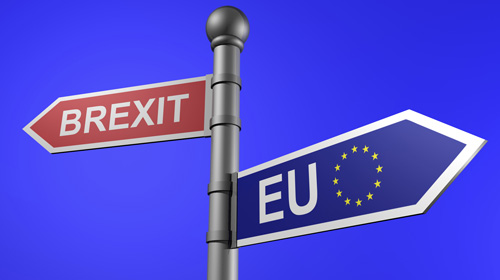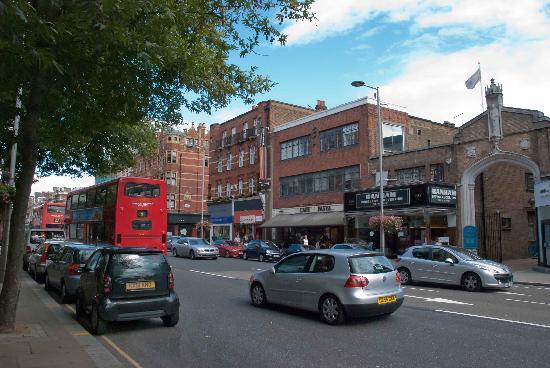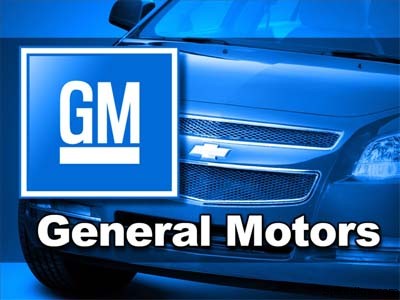Now Reading: Automakers confront hard Brexit choices
-
01
Automakers confront hard Brexit choices
Automakers confront hard Brexit choices

In three cavernous former Royal Air Force hangars at an old airbase in Wales, luxury automaker Aston Martin is forging ahead with building of a new vehicle assembly plant.
The paint shop is in, robots are being unpacked, and manufacturing of the company’s critical new sport utility vehicle is on the way to start this year – Brexit deal or no deal.
“I still have to believe that we’ll get to a proper and right decision as a no-deal Brexit is frankly madness,” Aston Martin CEO Andy Palmer informed Reuters at the company’s Gaydon headquarters located in England, where designers are collaborating on a diverse lineup of vehicles for the 2020s and beyond.
Headlines have concentrated on plant closures and job losses prior Britain’s exit from the EU.
Nissan has scrapped strategies to construct its new X-Trail SUV in the country, whereas Honda will shut down its only UK car plant in 2021 with the loss of up to 3,500 jobs – though it noted the decision was not associated with Britain’s departure from the EU.
But many auto companies – from luxury marques such as Aston Martin to mass-market brands such as Vauxhall – are finding out ways to survive after March 29.
On the outskirts of London, employees at Vauxhall’s operation in Luton are planning to produce a new line of commercial vans after new investment from the brand’s owner PSA which they are counting on to sustain more than 1,000 jobs.
While post-Brexit market situations remain widely unknown, Vauxhall boss Stephen Norman informed Reuters Britain’s departure from the European Union could present an opportunity to boost the brand’s market share. He is pursuing a marketing campaign to increase demand for the company’s modestly priced cars and SUVs.
The continued investment by some automakers and the potential sales upside seen by Vauxhall show the conflicting decisions and opportunities that brands face depending on their amount, their customers and where they are in the production cycle.
Stay Informed With the Latest & Most Important News
Previous Post
Next Post
-
 01Polestar Boss Says It’s Time To Outrun BMW M And Mercedes-AMG
01Polestar Boss Says It’s Time To Outrun BMW M And Mercedes-AMG -
 02Spy Shots: 2027 Mitsubishi Pajero Spotted in Testing Ahead of Possible U.S. Return
02Spy Shots: 2027 Mitsubishi Pajero Spotted in Testing Ahead of Possible U.S. Return -
 03Spy Photos: VW ID. Polo GTI Goes Electric with 223 HP and 280 Miles of Range
03Spy Photos: VW ID. Polo GTI Goes Electric with 223 HP and 280 Miles of Range -
 04The Controversial Ford Voodoo V8 That Was Killed Off Too Early
04The Controversial Ford Voodoo V8 That Was Killed Off Too Early -
 05Hyundai Palisade’s Breakout Year Shows How Quickly the Market Can Turn
05Hyundai Palisade’s Breakout Year Shows How Quickly the Market Can Turn -
 062026 Toyota Hilux EV: A Powerful Truck with Silent Torque
062026 Toyota Hilux EV: A Powerful Truck with Silent Torque -
![2027 Mercedes-Benz S-Class Debuts with V8 Engine [Photo Gallery]](https://speedlux.com/wp-content/uploads/2026/01/2027-Mercedes-Benz-S-Class-33-155x125.jpg) 072027 Mercedes-Benz S-Class Debuts with V8 Engine [Photo Gallery]
072027 Mercedes-Benz S-Class Debuts with V8 Engine [Photo Gallery]


![2027 Mercedes-Benz S-Class Debuts with V8 Engine [Photo Gallery]](https://speedlux.com/wp-content/uploads/2026/01/2027-Mercedes-Benz-S-Class-33-700x394.jpg)










































